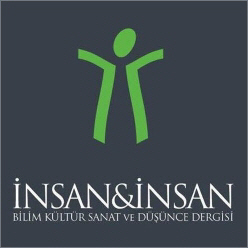Cengiz Sunay
Abstract: The influence of social culture on the formation of political culture is widely recognized. The present analysis focuses on the political culture assimilated by military officers, who can be characterized as a subcultural cohort within Turkish political culture that is shaped by Turkish social culture. This examination is conducted within the context of the officers involved in the May 27 coup d’état. The group responsible for orchestrating the May 27 coup encompasses individuals who were affiliated with the National Unity Committee, as well as those who were not appointed to the committee but gained recognition for their leadership in facilitating the coup. This analysis aims to examine the May 27th Mayors as a collective of individuals who have acquired political culture, which has fostered and manifested political inclinations towards a coup d’état. Additionally, it seeks to uncover the shared sentiments, thought processes, and diagnoses that have emerged within this framework among the officers involved in the coup. The analysis focuses on the officers’ perception of their social standing in relation to their professional functioning, their emotional responses to political decisions made by the political power, and the values they ascribed to the interplay between religion and politics.
Keywords: Culture, Political culture, Officers, May 27 Coup, National Unity Committee
Cengiz Sunay
DOI: 10.29224/insanveinsan.1460186
Year 11, Issue 38, Summer 2024

Tam metin / Full text
(Turkish)

This work is licensed under a Creative Commons Attribution-NonCommercial 4.0 International License.
